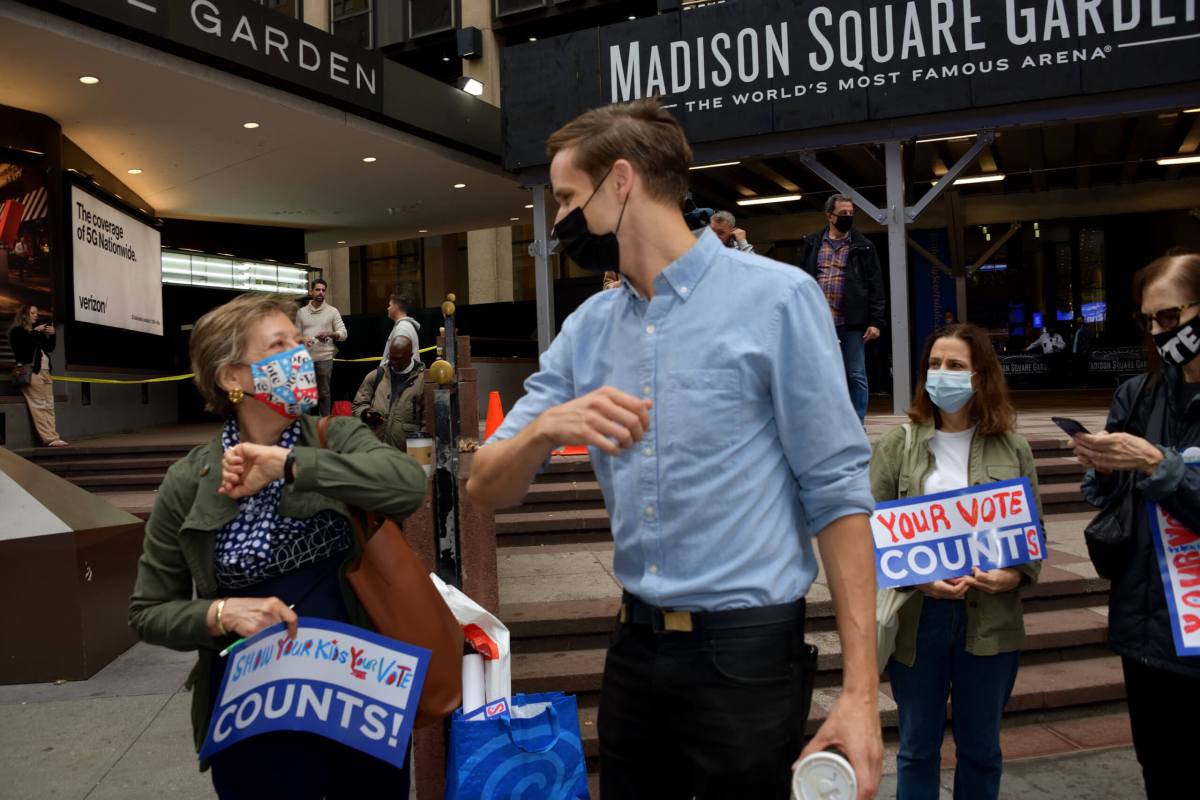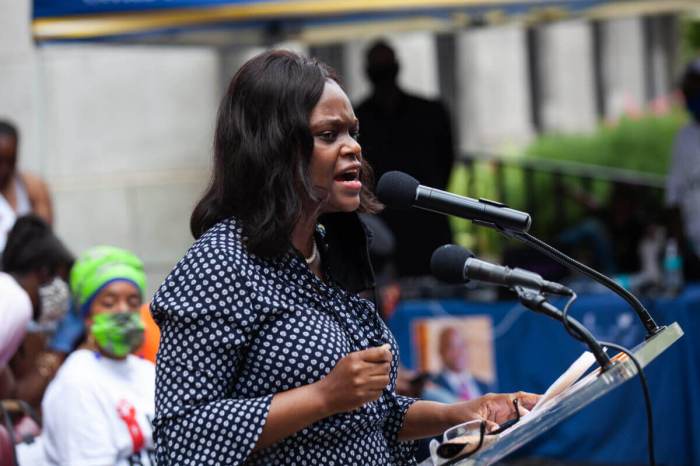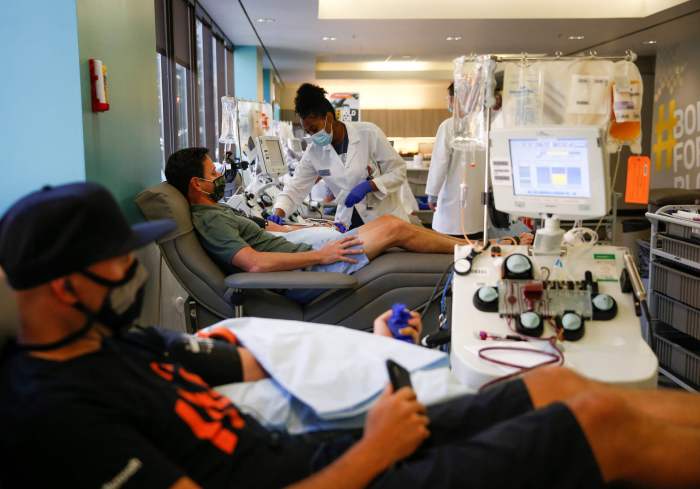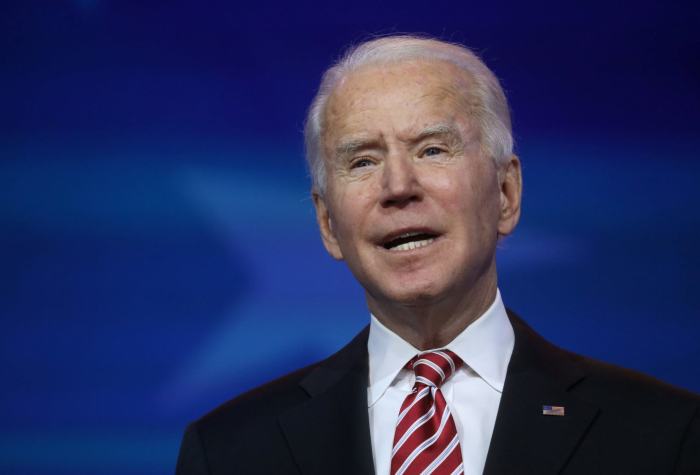Going back more than a decade, Erik Bottcher has held a series of city and state government posts that afforded him a high profile in New York’s political scene and, especially, within the LGBTQ community.
In 2009, he joined City Council Speaker Christine Quinn’s office as LGBTQ and HIV/AIDS liaison during the fourth year of her run at the Council’s helm. Two years later, Bottcher was brought on board at the dawn of Andrew Cuomo’s governorship, when a top priority for the 2011 legislative session was enactment of New York’s marriage equality law. In 2015, he moved back to the Council, this time as chief of staff to another speaker, Corey Johnson, who like Quinn represented District Three, which runs up Manhattan’s West Side from Greenwich Village to Hell’s Kitchen.
Now Bottcher hopes to succeed the term-limited Johnson in District Three in a race that will essentially be decided in the June 22 Democratic primary.
For all his experience and with an easygoing, genial demeanor, Bottcher, at 41, is not the product of a charmed life.
As a young teen, growing up in upstate Wilmington, just outside Lake Placid, he struggled — both with shame at realizing he was gay but also with taunting from fellow students in a high school where he found no institutional support or even friends with whom he could confide his anxieties and depression. Bottcher suffered through several attempts, increasingly serious, to take his life — but fortunately was able to get help in a month-long youth treatment facility in Saratoga and in after-care once he returned to his family.
The battle he waged with mental health issues — he has since that time taken anti-depression medication every day — deeply informs his policy views on a range of issues from homelessness and supportive housing to criminal justice reform.
“The humanitarian crisis unfolding on the streets of Council District Three is something we should all be ashamed of,” Bottcher told Gay City News. “We’re letting people die on the streets.”
That tragedy, he explained, is due to “untreated mental illness” compounded by “the lack of supportive housing, a broken bureaucracy, and an inadequate shelter system.”
From his own experience with mental health challenges, Bottcher said, he knows that many long-term homeless people living on the streets and in subway cars began with problems that may have been modest and treatable but grew to seem unmanageable after years or even decades of not being addressed.
Bottcher’s difficulties as a youth did not result from lack of a supportive family. Even before his troubles became evident, he recalled, his father came into his bedroom one evening to tell him, “I just want you to know that your mother and I will love you no matter what.” His parents suspected their son might be gay, and his father’s unbidden reassurance was “good parenting,” Bottcher said.
His experiences in school were another matter.
“It all came together at once,” he said. “The realization that you might be gay and the realization that you are gay. And the shame that goes along with that. People telling you that you look gay. And then, in ninth grade, somebody walks up to you and tells you you are a fag.”
Bottcher considers himself lucky to have enjoyed his family’s love and to have secured access to mental health treatment and medication.
“A very small percentage of Americans and of New Yorkers have that,” he said.
Over time, Bottcher could see “the light at the end of the tunnel” — that life wouldn’t always be his upstate high school. He attended George Washington University in the nation’s capital, and two days after graduating in 2001 moved to New York City.
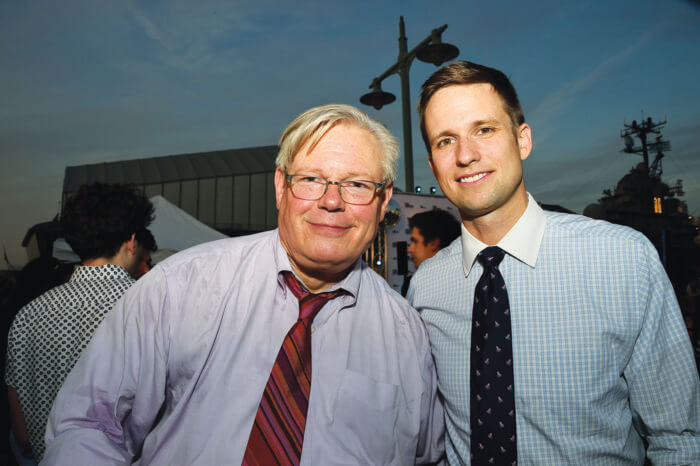
Bottcher’s personal recognition of the disparities in access to mental health resources — and to healthcare generally — is reflected in an impatience at the pace of remedying that situation. The street homeless, many of whom suffer from mental health crises, he said, represent the common perception New Yorkers have of where the city is falling short. In fact, a far larger group — 80,000 in all, a quarter of them children — spend their nights in shelters and transitional housing, and many of the adults have jobs.
“They’re just priced out of the housing market,” he said. “They are not a monolithic group.”
The US, Bottcher argued, has, since Ronald Reagan’s presidency four decades ago, failed on “jobs, education, housing, mental health, and systemic racism.”
He added, “To address homelessness, you’ve got to build people homes.”
Asked whether Mayor Bill de Blasio has fallen down on that front or simply not done enough, Bottcher acknowledged the city’s effort but said “the number of units hasn’t met the need.”
At the same time, he credited the work that the Council and speaker for whom he worked have done in strengthening rent protections and curbing vacancy decontrol that had turned tens of thousands of housing units each year into market rate rentals.
“We stopped that hemorrhaging” of rent-stabilized units, Bottcher said, “and have given tenants housing security for first time in decades by removing the impetus for tenant harassment.”
Mental health also came to the fore when Bottcher discussed police reform issues. With George Floyd’s killing last spring at the hands of Minneapolis police bringing criminal justice practices and funding to the center of public debate nationwide and in this summer’s difficult city budget process, Bottcher said some functions currently carried out by police — especially when dealing with behavior occasioned by mental health issues — must “immediately” be shifted into the hands of civilian agencies equipped to resolve them peacefully. He mentioned the fears a couple he is friendly with have that their adult son with autism could face danger if his behavior were misconstrued in an encounter with police.
He also emphasized that reform of regulations and policies are not worth the paper they’re written on unless there is a follow-through in practice. Asked about a 2018 arrest of a Black transgender woman in the Bronx for “personation” in presenting identification police considered fraudulent — a case recently resolved with the NYPD committing to better enforce patrol guide regulations for dealing with the trans community adopted six years before — Bottcher, who worked on shaping those regulations, said the ultimate responsibility for such a shortfall lies with the police commissioner.
He noted that a similar gap between policy reform and implementation hindered the rollout of school anti-bullying policies that he worked on while in Speaker Quinn’s office. During the first few years after their adoption under Mayor Michael Bloomberg, many schools simply failed to post information about teachers and other school officials to whom LGBTQ and other bullied youth could turn. The hiring of an LGBTQ liaison, Jared Fox, at the Department of Education changed that, with nearly every school Bottcher has recently visited complying. But it took the Council and the effort of out Queens Councilmember Daniel Dromm, when he led the Education Committee, to fund the liaison post.
Bottcher also singled out Dromm, who is now Finance Committee chair, for his success in securing almost $2 million annually for a Trans Equity Fund that provides dollars for programs on the ground to give transgender and gender-nonconforming New Yorkers skills training. Continuing that commitment, he said, will depend on electing new LGBTQ members to a Council whose entire current queer roster is term-limited.
“Representation matters,” Bottcher noted. “You need people in the room able to speak from lived experience.”
Addressing the epidemic of lethal violence against transgender people, especially trans women of color, Bottcher said such attacks must be “condemned loudly and universally” by all communities, a challenge made harder when “unfortunately in this country the opposite message is coming from the right — that is acceptable to attack transgender people.”
The “vicious discrimination” facing too many trans people, he said, has made sex work “survival work” for many. As a result, Bottcher said, he favors full decriminalization of sex work involving consenting adults, the one point on which he offered a different view than Speaker Johnson, who supports a more limited reform that ends criminal penalties for sex workers but not for their clients. Advocates for sex workers argue that only full decriminalization will provide them with the ability to control their work conditions and avoid violence, while others — including longtime feminists from Gloria Steinem to Manhattan State Senator Liz Krueger — say full decriminalization undermines the fight against sex traffickers. Bottcher said his view is informed by “best practices,” but made clear that guardrails against traffickers must be part of any reform.
Asked about the city’s success in combatting homelessness among LGBTQ youth, Bottcher lauded both de Blasio and the Council for increasing the availability of safe shelter not only for those under 21 but also for the young adult population as they age out of youth facilities. The challenge, he said, is to make sure that there is sufficient job and life skills training support to ensure that youth shelters do not become the start of a “pipeline to adult shelters.”
He also acknowledged the success SAGE, supported by public dollars, has achieved in opening up LGBTQ-affirming senior housing facilities, but noted that the COVID crisis — which left many elder New Yorkers alone, often with limited access to online resources — has highlighted the risks of isolation among the city’s senior population.
The pattern of COVID infection and mortality, of course, also put into stark relief the racial and socioeconomic disparities in the city’s healthcare system.
“Advocates have been telling us for a long time that the healthcare system is vulnerable to mass casualty events,” said Bottcher, who recounted harrowing stories of families unable to have their deceased loved ones cremated in timely fashion and of an elderly couple who faced days-long hurdles in removing the body of their home healthcare worker who died of COVID in their apartment.
“There are lessons we need to learn from all this,” he emphasized.
At the same time, looking forward to the post-COVID era, Bottcher showed off an upbeat, optimistic side that exists hand-in-hand with his acute appreciation for the yawning challenges facing New York.
“The city has to get itself put back together so our economy is working,” he said. “People need to know that New York City is back in business, that we have a 24-hour subway, theaters, and restaurants.”
Then, noting that District Three, with dozens of Broadway theaters as well as Off-Broadway houses, dance spaces, and more, represents the largest concentration of cultural offerings in the world, Bottcher added, “I think people will come rushing back. People will be able to find affordable apartments. People are going to want to dance, and hug, and go to shows, and shop. It could be a very exciting time for the city.”
To sign up for the Gay City News email newsletter, visit gaycitynews.com/newsletter.

